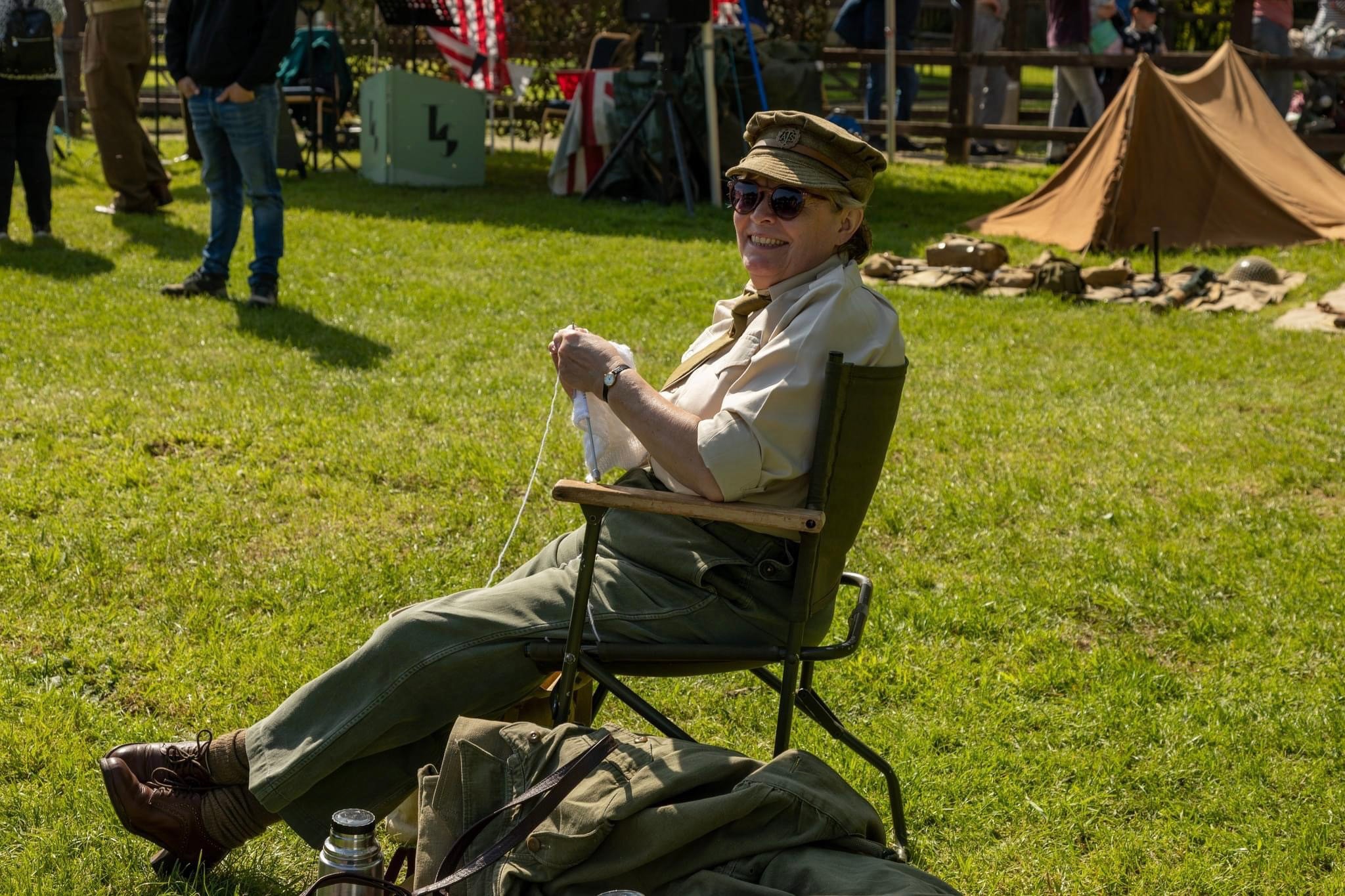A new study suggests that enhanced breast screening could detect thousands more cancers annually in the UK, potentially saving hundreds of lives.
Researchers at the University of Cambridge found that supplementary scans for women with dense breast tissue significantly improved early-stage cancer detection.
The study, published in the Lancet, involved over 9,000 women across the UK with dense breasts who had previously received a negative mammogram result.
Dense breasts, occurring in about 10% of women, contain more fibrous and glandular tissue and less fatty tissue, obscuring potential tumours during standard mammograms. Women with this type of breast tissue already face a four times greater risk of developing breast cancer.
The trial investigated two supplementary scanning methods: contrast-enhanced mammography (CEM), which uses dye to highlight blood vessels, and abbreviated magnetic resonance imaging (AB-MRI), a faster version of traditional MRI.

These additional scans uncovered 85 cancers that standard mammograms had missed, more than tripling the detection rate.
Based on these findings, researchers are advocating for the inclusion of these supplementary scans in breast screening programmes for women with dense breasts.
They estimate that this could lead to the detection of an additional 3,500 cancers each year and significantly reduce breast cancer mortality.
And because screening reduces death for about 20% of cancers detected, this could mean an extra 700 lives saved each year, they said.
A third scanning method used in the trial – automated whole breast ultrasound (ABUS) – also picked up cancers but was much less effective than CEM and AB-MRI.
Overall, per 1,000 women scanned, CEM detected 19 cancers, while AB-MRI found 17 and ABUS found four.
With mammograms already detecting around eight cancers per 1,000 women with dense breasts, additional scans could therefore more than treble breast cancer detection.
At the moment, because denser breasts look whiter on mammograms, the usual mammogram scan cannot pick up all these cancers.
Early-stage cancers also appear white, meaning they are difficult to distinguish.
Professor Fiona Gilbert, from the University of Cambridge and honorary consultant radiologist at Addenbrooke’s Hospital, led the study.
She said: “Getting a cancer diagnosis early makes a huge difference for patients in terms of their treatment and outlook.
“We need to change our national screening programme so we can make sure more cancers are diagnosed early, giving many more women a much better chance of survival.”
-and-dense-(right).jpeg)
In the study, the researchers concluded: “Abbreviated MRI and contrast-enhanced mammography detected three times as many invasive cancers compared with ABUS, with cancers being half the size.
“This study shows that supplemental imaging could lead to earlier detection of cancer in women with dense breasts.”
The trial was funded by Cancer Research UK with support from the National Institute for Health and Care Research Cambridge Biomedical Research Centre.
Professor Stephen Duffy, from Queen Mary University, London, the trial statistician and a screening programme expert, said: “The NHS breast screening programme has made a huge difference to many lives.
“Thanks to these results, we can see that the technology exists to make screening even better, particularly for the 10% of women with dense breast tissue.”
Dr David Crosby, head of prevention and early detection at Cancer Research UK, said: “This study shows that making blood vessels more visible during mammograms could make it much easier for doctors to spot signs of cancer in women with dense breasts.
“More research is needed to fully understand the effectiveness of these techniques, but these results are encouraging.”
At the moment, the UK National Screening Committee does not recommend any additional imaging for women with dense breasts who have a negative result on a mammogram.

Dr Kotryna Temcinaite, head of research communications and engagement at Breast Cancer Now, said: “The UK National Screening Committee now needs to consider this research as part of their current review to determine whether women with very dense breasts should be offered additional imaging during their routine screening.
“If the UK National Screening Committee recommends additional imaging for screening women with very dense breasts, we’ll push for those changes to be rolled out as quickly as possible across the UK.
“Routine breast screening is the most likely route to finding breast cancer early, when treatment is most likely to be successful.
“While we know that the current process can be less effective in detecting cancers in dense breasts, we still encourage all women to attend mammogram screening when invited.”
Addenbrooke’s patient Louise Duffield was one of 85 women diagnosed with cancer thanks to the additional scans used in the trial.
Aged 60, the grandmother of four from Ely, Cambridgeshire, had an AB-MRI scan which identified a small lump deep inside one of her breasts.
She said: “When they rang to say they’d found something, it was a big shock.
“You start thinking all sorts of things but, in the end, I just thought, ‘at least if they’ve found something, they’ve found it early’. The staff were brilliant, and so supportive.”
A Department for Health and Social Care spokesperson said: “Research is being conducted into the use of additional tests for women with dense breasts, as part of the NHS breast screening programme.
“The UK National Screening Committee is reviewing this evidence as it becomes available.”


